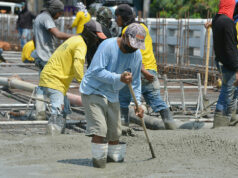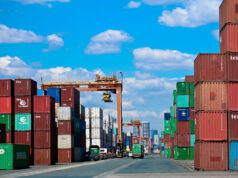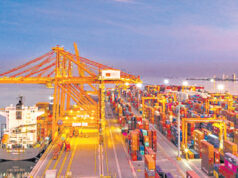Southeast Asian COVID-19 measures at $243-B
SOUTHEAST Asian countries have rolled out$242.995 billion worth of measures in response to the coronavirus disease 2019 (COVID-19) outbreak, according to the Asian Development Bank (ADB).
In a statement Friday, the ADB said the measures are equvalent to 13.1% of the $1.856 trillion worth of measures announced by all of the ADB’s developing member-countries.
Its East Asan members, meanwhile, announced $1.501 trillion worth of measures.
The data were compiled by ADB’s Economic Research and Regional Cooperation Department (ERCD), and were valid as of April 20.
The ADB said the Philippine measures rolled out so far are equivalent to $16.466 billion or 4.46% of gross domestic product (GDP).
This translates to $154.39 per person worth of spending to help contain COVID-19.
“Preliminary analysis indicates that both the package per capita and the package as a percentage of GDP are statistically unrelated to the number of COVID-19 cases and the number of deaths,” the ADB said.
Thailand has set aside $70.076 billion or 13% of GDP, followed by Indonesia with $57.1 billion or 5.4% of GDP, Singapore with $42.375 billion or 12.05% of GDP, Malaysia with $31.215 billion or 8.78% of GDP, and Vietnam $23.192 billion or 8.86% of GDP.
Of the remaining countries studied, Cambodia had $2 billion worth of measures or 7.75% of GDP, Timor Leste ($250 milllion, 8.51%), Brunei ($177 million, 1.48%), Myanmar ($71.54 million, 0.1%) and Laos ($1.12 million, 0.01%) had the smallest size of economic packages roleld out against the coronavirus pandemic.
“The liabilities of numerous central banks are ‘funding’ government deficits in different forms. For example, the central banks of the Philippines, the UK, and Indonesia have engaged in direct central bank lending/primary market purchases, while those of the United States, the Republic of Korea, Thailand, Papua New Guinea, Canada, Sweden, and the UK, implemented quantitative easing,” the ADB said. — Beatrice M. Laforga



